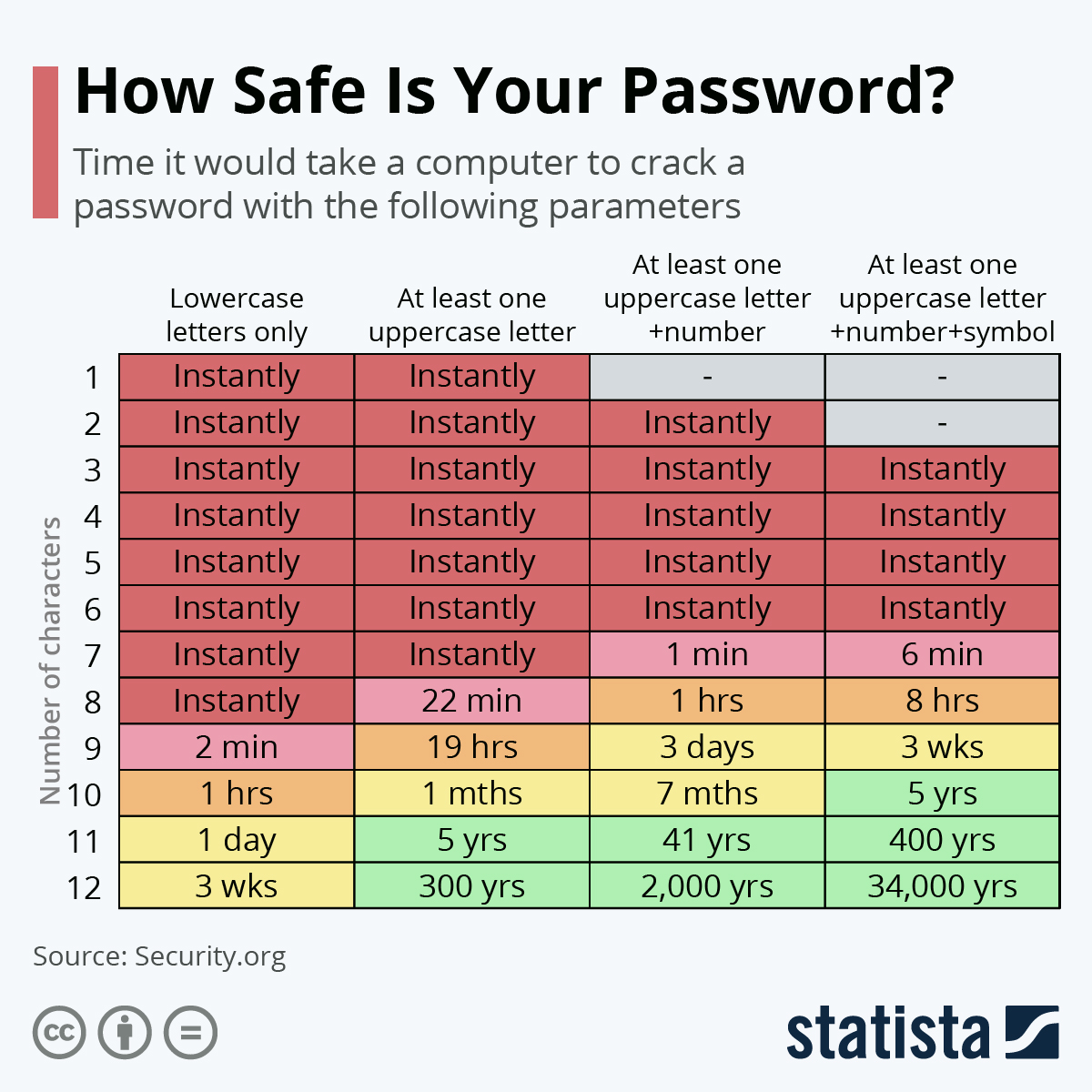The time when you could simply give away your photo albums or stamp collection in a will has long passed. Today, most of our creative assets live in cyberspace, scattered across various social media platforms. Naturally, you still can mention your accounts in wills. However, without access, those pictures and memories might be lost forever or stolen by scammers. On the other hand, you might have social media accounts you do not want your relatives to see. These could be dating apps, or some more risqué content on sites like OnlyFans. What happens to your social media when you die is a common question, and once again, the answer is that it depends. Let’s see how to make sure content you want to keep lives on, while content you would not want your relatives to see remains hidden.
Social Media Legacy Policies
In this article, we will focus on social media sites. Stay tuned for parts 2 and 3, which will examine gaming sites, digital content sites, and dating sites. Many social media platforms, like Facebook or Google, have media legacy policies in place that help you memorialize or delete an account if you die. Other sites, like Twitter, have a far more complicated process, or do not provide for memorialization at all. We have gathered information on the most popular platforms.
Facebook allows users to designate a legacy contact who can memorialize your account after death. This allows legacy contacts to post on your wall, respond to friend requests, post pictures, but doesn’t allow them to read your messages. This is very convenient as your digital content lives on, while your private messages remain hidden. However, you must think ahead and designate a legacy contact before death. Otherwise, your relatives will have to deal with Facebook’s notoriously unresponsive customer service to get your account either frozen or deleted.
Although Meta, Facebook’s parent company, owns Instagram, its legacy process differs. Instagram users cannot designate a legacy contact, so it is up to their relatives to request memorialization. A memorialized Instagram account is frozen in time and will show a “remembering” badge at the top. Alternatively, relatives can request the account’s deletion. Again, you will have to deal with Instagram’s notoriously slow customer service.
Twitter, despite its popularity, does not have a process for memorialization of a deceased user’s account. Rather, a person authorized to represent your estate, such as your executor or administrator, can request Twitter to delete the account. This does not provide a satisfactory solution if you want your account’s content memorialized.
Pinterest’s policy regarding deceased persons’ accounts is the same as Twitter’s. Again, an authorized representative of your estate can manually request Pinterest to delete the account of a deceased user. Again, if you have spent considerable time curating your content that you want to remain, simple deletion is not a good solution.
TikTok
TikTok’s approach to deceased users is the most problematic because it completely lacks digital legacy. Relatives cannot memorialize or deactivate a departed loved ones’ account. Instead, TikTok scrambles usernames of inactive users. This means that, after 180 days of inactivity, your username reverts to random numbers. Your content lives on indefinitely, but other users will not be able to attribute it to you.
Google is ubiquitous and includes not just popular services like YouTube – it also stores far more data about you than you can imagine. Google is the only mainstream platform that allows you to create the equivalent of your own digital estate plan using Google’s Inactive Account Manager. This tool allows you to digitally bequeath your google content to up to 10 people. You can select which digital asset each person receives should Google detect that you are no longer active. You can pass on your YouTube content, your emails, photos, music, purchased movies, contacts, and much more. You can also decide whether or not you want Google to delete your account.
If you didn’t know about Google’s Inactive Account Manager or forgot to use it, your relatives would have few options should you die. An authorized representative of your estate could request Google to delete your account. But your digital content might be lost forever. Google is known for refusing to hand over user data, no matter the situation. Officially, it will work with your representative to release some data, but it makes it clear that the hurdles for doing so are steep.
Other Sites
The vastness of the internet does not allow us to address all social media sites here as there are simply too many. Gaming collections like Playstation, XBox, Nintendo, or Steam deserve their own upcoming article, along with digital storage sites like Dropbox, iCloud, or Microsoft’s OneDrive. We will also have a separate look at dating sites and adult entertainment platforms. If you have a question about a specific site you may use, leave us a comment or send us an email. In the meantime, keep track of your online content and passwords, ideally with the help of a password manager app. As we’ll see below, while your physical life will end someday, your online life could develop a life of its own.
The Risk of Orphaned Accounts
If you are like most internet users, you probably do not have a digital legacy plan. Chances are, you have not put much thought into what happens to your assets in cyberspace in case you die. Even estate firms commonly neglect digital assets in their estate planning. This creates unexpected risks and security concerns that may overshadow your legacy.
Deceased Family Member Identity Theft
Without a plan, your loved ones may never be able to recover your data. But scammers or hackers could. Identity theft does not end with a person’s physical death. Deceased family member identity theft, also known as ghosting, is a real problem. While your family members are preoccupied with your death, a scammer can steal your identity. and open new accounts in your name. Your current online accounts likely contain all the information they need to do so.
How Hackers Steal Your Accounts
There are many ways scammers and hackers can access your orphaned accounts. Perhaps you used an insecure password. Or a compromised password that’s available for purchase on the dark web. Or perhaps you used the same password on multiple sites and one of them experienced a security breach. It is hard to think of services that have not experienced a breach yet. On an active account, you will likely detect unusual activity, can change your password, and lock out thieves. On abandoned accounts, scammers have free reign to do as they please.
Do Not Leave Your Accounts Unattended
To prevent the dark web from slowly consuming your digital identity, you should take action now to protect your online accounts. Doing so will provide a lifetime of benefits and allow for an easy transition should you become unable to administer your accounts. As a start, you should take advantage of the tools some platforms, like Facebook or Google offer. Then, you should delete accounts that you no longer use to limit the amount of personal information floating around on the web. Finally, you should secure your accounts the best way possible with strong, unique passwords with at least 12 characters and two-step verification.
Do you want to know if your data is already on the dark web? Check out Have I Been Pwned – a website collecting stolen emails, phone numbers, and passwords. Don’t worry if you have been pwned – which is online slang for owned, i.e., defeated. Most of us have had our information stolen. Use the information to your advantage to get your data in order and secure. A digital asset inventory and digital legacy plan provides the best protection from cybercriminals. Email or speak to us today to go over your digital assets and create a plan to keep them safe.
Featured Image Credit: Junior Teixeira

